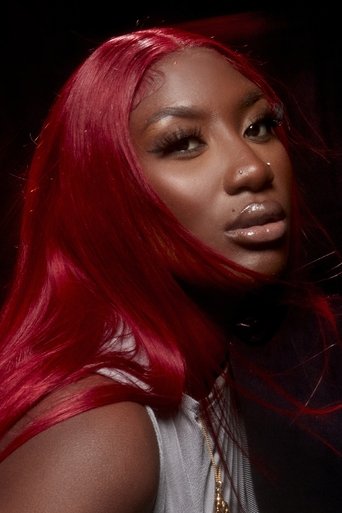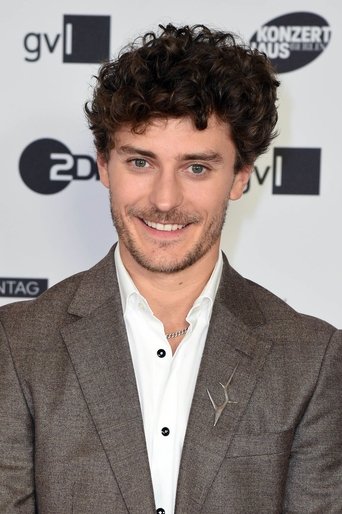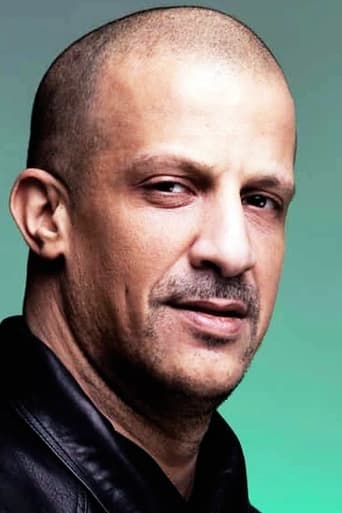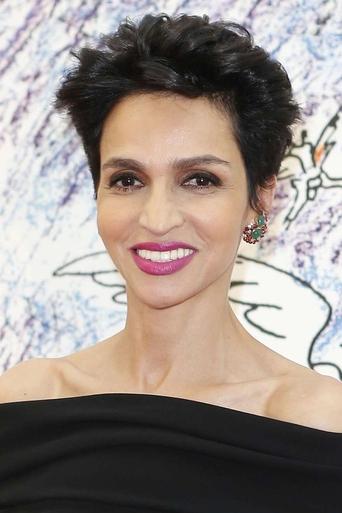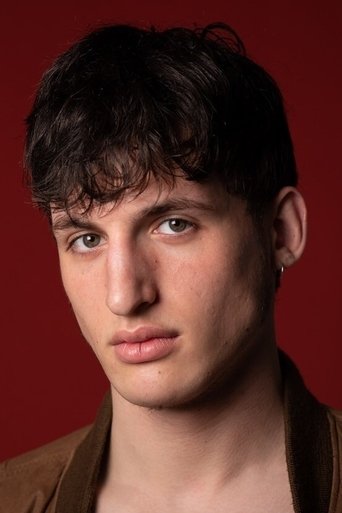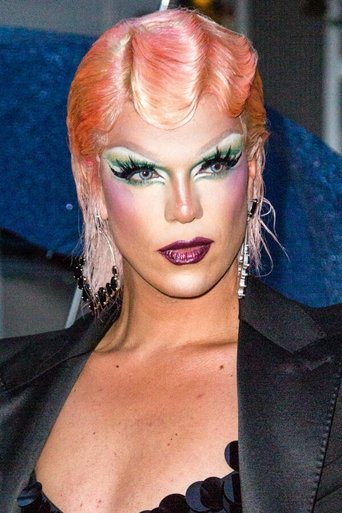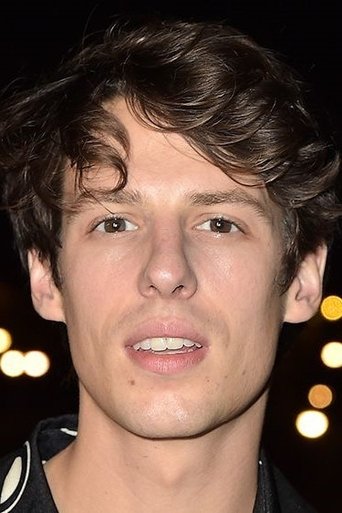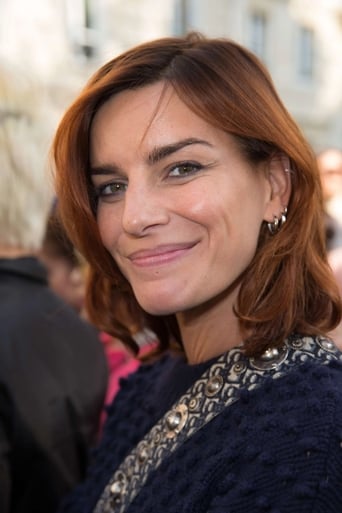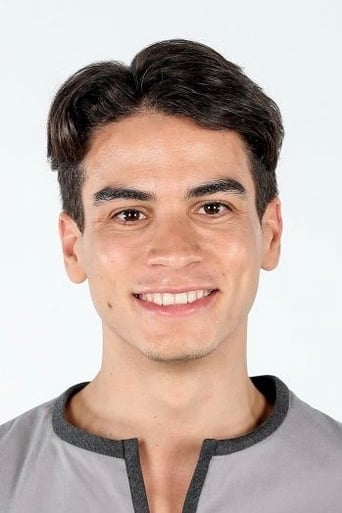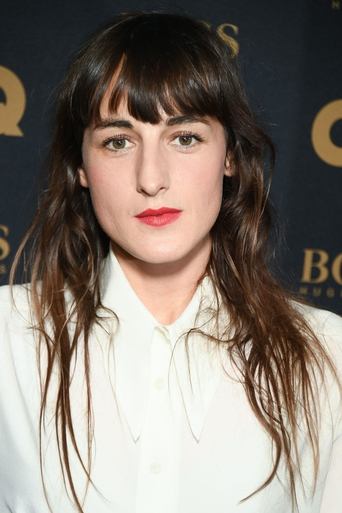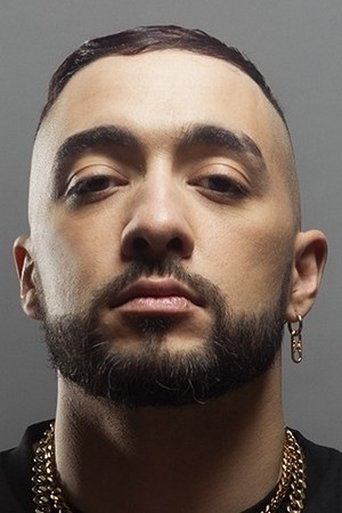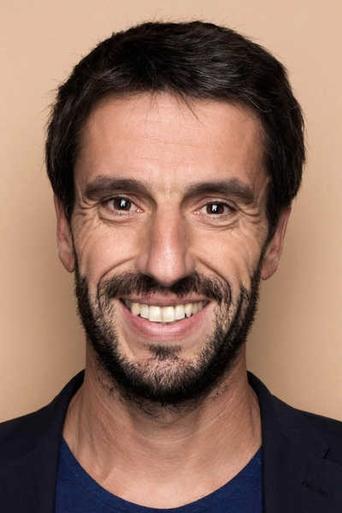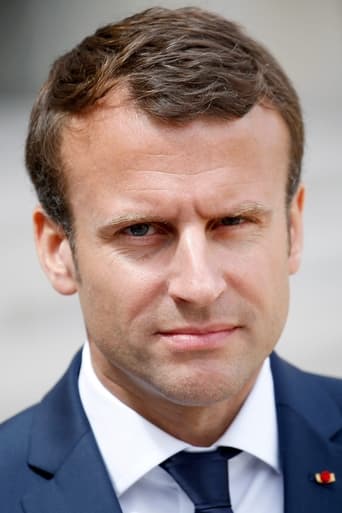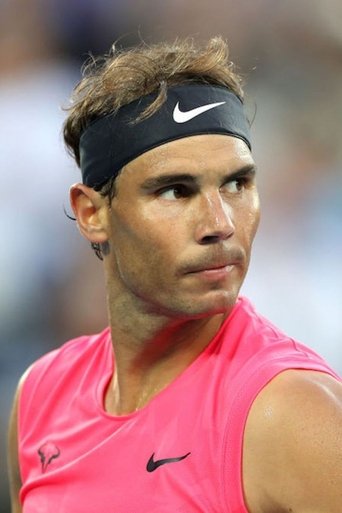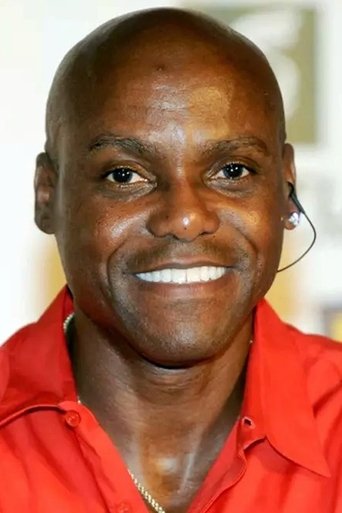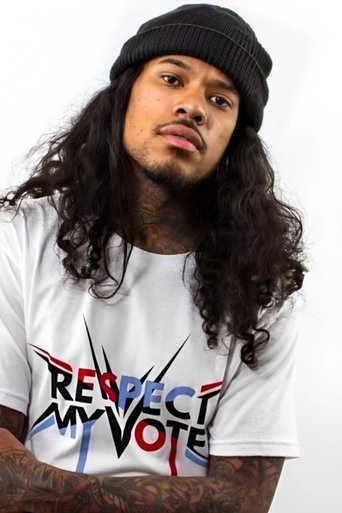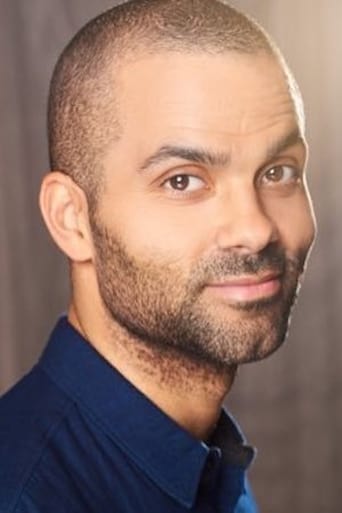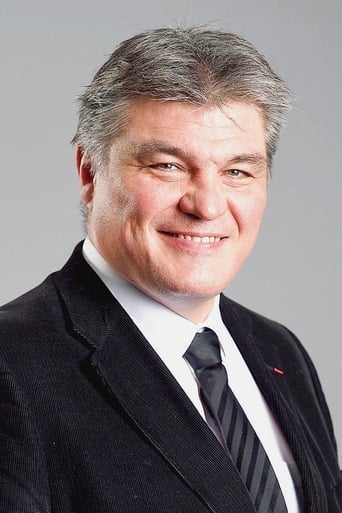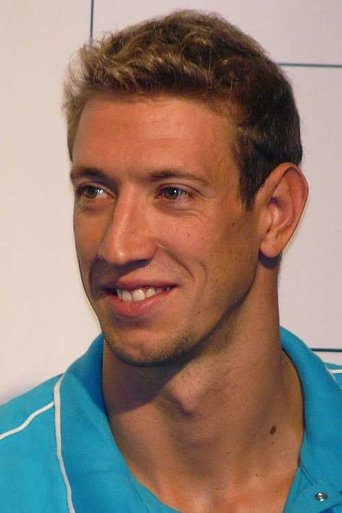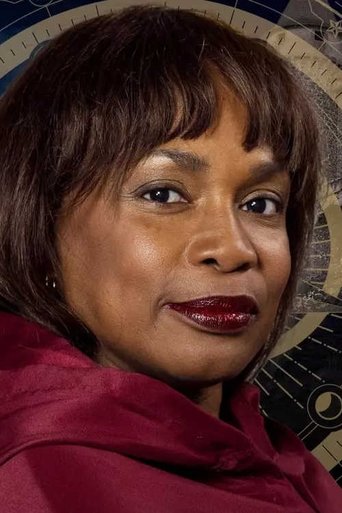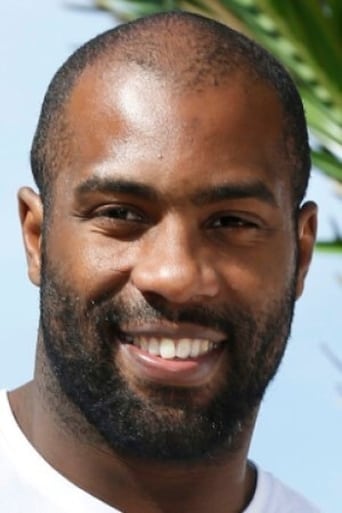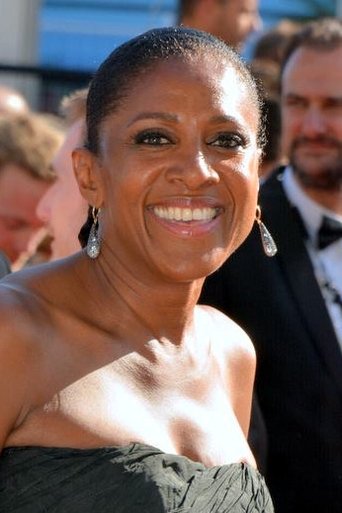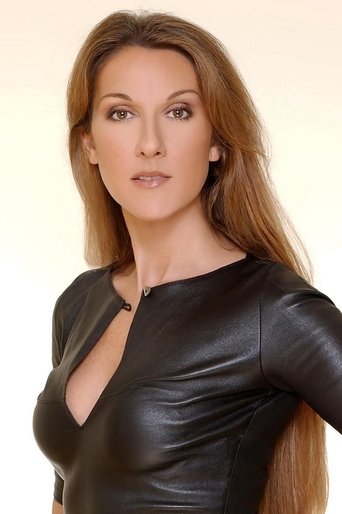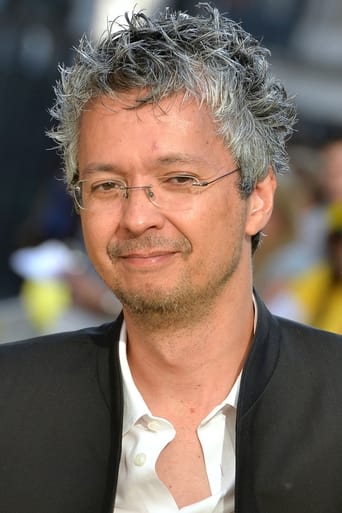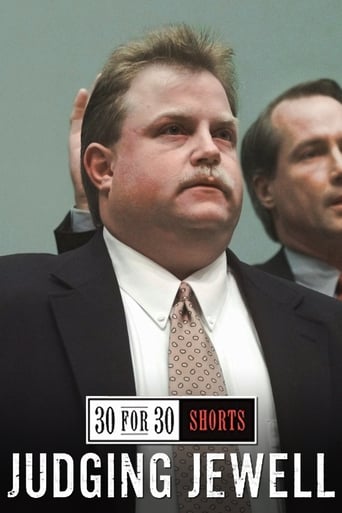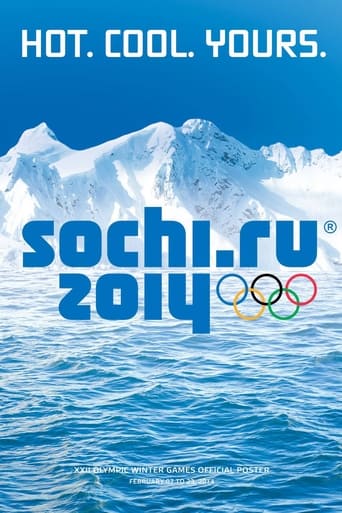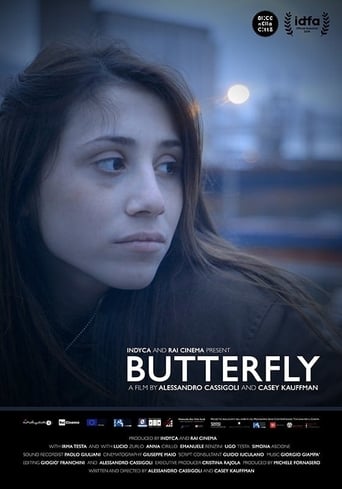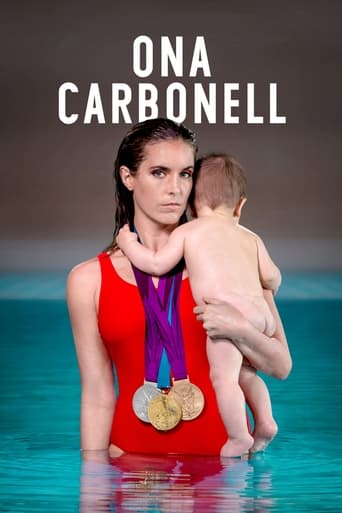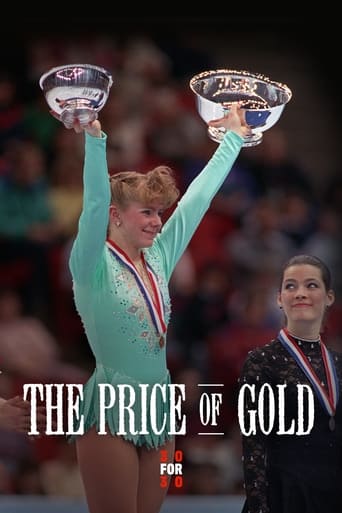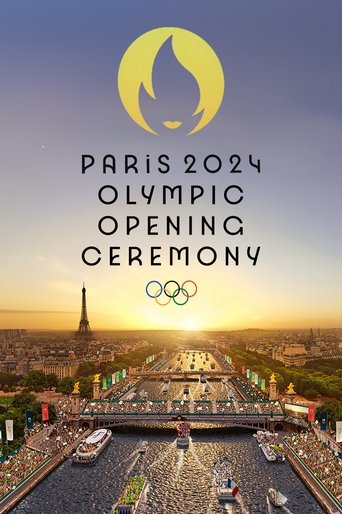
Paris 2024 Olympic Opening Ceremony (2024)
On 26 July 2024, the largest-ever Olympic Games Opening Ceremony took place, beginning at 7.30 p.m. CET. The Opening Ceremony of the Olympic Games Paris 2024 was an unprecedented experience drawing on the natural light of the setting sun with all its nuances to illuminate the world’s best athletes as they travelled down the Seine, in the heart of the French capital.
- Simon Staffurth
- Thomas Jolly
- Fanny Herrero
- Patrick Boucheron
- Leïla Slimani
Rating: 5.4/10 by 90 users
Alternative Title:
2024巴黎奥运会开幕式 - CN
Paris Olympics 2024 Opening Ceremony - AU
Paris 2024 Olympic Games - US
2024年第33届巴黎奥运会开幕式 - CN
Paris 2024 Games of the XXXIII Olympiad - US
Paris 2024: Games of the XXXIII Olympiad - US
Country:
France
Language:
English
Français
Runtime: 03 hour 59 minutes
Budget: $0
Revenue: $0
Plot Keyword: paris, france, olympic games, olympian sports team, stage performance, olympic athlete, stage show performer, opening ceremony, music show, spectacle, olympic champion
The Paris Olympics began on a controversial note, with the opening ceremony drawing criticism for its depiction of the Last Supper, which closely resembled the iconic scene. This choice was deemed inappropriate for an event meant to unite countries and showcase athleticism on a global stage. The incorporation of Greek mythology elements, such as the pale horse symbolizing death, further added to the confusion, especially considering the setting in Paris, France. The use of cross-dressing performers, specifically drag queens, during the ceremony sparked outrage and raised questions about cultural sensitivity and inclusivity. While promoting peace and acceptance is important, it's essential to consider differing viewpoints and beliefs of nations and religions worldwide. The portrayal of a drag queen with a beard, traditionally representing a woman, led to concerns about the impact on younger audiences and the seriousness of the Olympic event. Another controversy arose when a competitor tested positive for high levels of testosterone, prompting debates about gender identity and fairness in sports. Whether the individual identified as a trans man or trans woman, the issue of competing in the women's division while possessing male biological characteristics raised ethical concerns. The focus shifted from celebrating athletes' achievements to questioning the integrity of the competition and the organizers' decision-making. Amidst these controversies, the attention seemed to overlook a competitor with a history of child abuse accusations, competing without facing significant repercussions. The inconsistency in addressing different ethical violations and prioritizing certain controversies over others raised doubts about the Olympics' values and priorities. The lack of clarity and consistency in handling these sensitive issues left many viewers bewildered and disheartened, leading to disillusionment with the event. The conflicting messages and questionable decisions made it challenging to engage with the Olympics and support the athletes wholeheartedly. Overall, the mishandling of controversies and ethical dilemmas overshadowed the spirit of sportsmanship and unity that the Olympics aim to promote, leaving a sense of disappointment and confusion among spectators.





